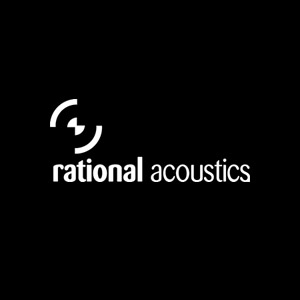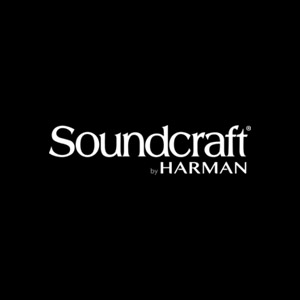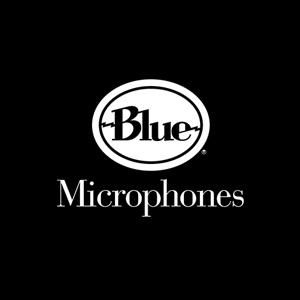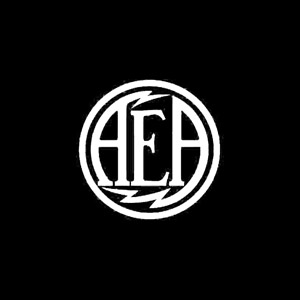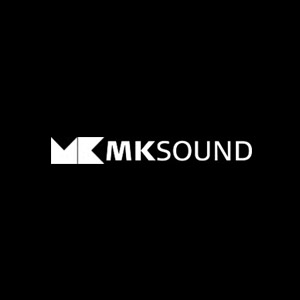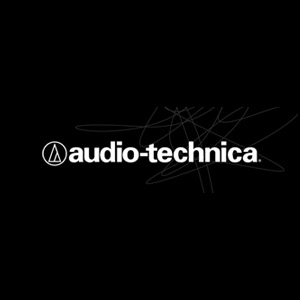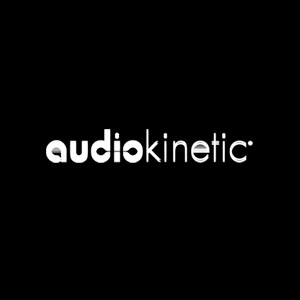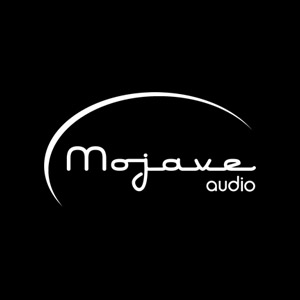Trade Schools vs. Universities for a Music Education, What’s the Difference?
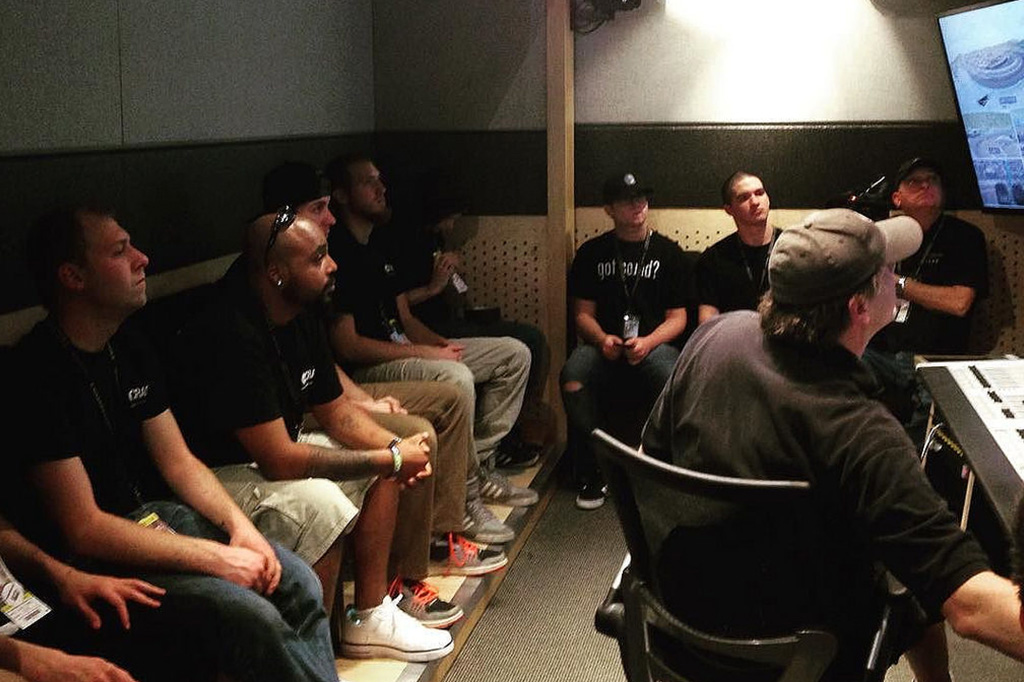
Millions of students graduate from a variety of educational institutions every year. Suffice to say, that these students dream of exciting future careers. They wish for a job that allows them individual creativity, as well as a chance to be part of a larger group. While this is a noteworthy goal to work towards, it may not always be rooted in reality.
You may be one of these students either still in high school or currently pursuing a major at a University based school of music. Although the best music schools may offer classes that lend themselves to music production careers, this is not enough to guarantee success. To understand why, it helps to think like an employer and not a potential employee eager to enter the music industry.
An employer’s desk is covered in resumes from candidates who may, or may not have the right skills to work in a recording studio. Because music production jobs are so esteemed, the competition is steep.
You have a choice between someone who spent time in music production programs offered at a school known for academic majors. This person has learned a great deal of theory, but does not have the actual experience your company requires.
On the other hand, another candidate lists on their resume that they have completed a trade school dedicated to the pursuit of audio engineering and music production. As someone who has come up the ranks yourself, you understand that trade schools are wonderful at providing hands-on studio training.
Right off the bat, you know that a student who has attended an audio engineering school is more likely to be acquainted current industry trends and new technologies.
Once you move on to the interviewing phase of the hiring process, the differences become more pronounced. Job candidates who have taken classes at academic-based music production schools are used to being taught by professors. These people are held in high esteem in the proverbial “halls of academia.” The problem is they have been teaching their students what they know and not what is happening in the recording industry right now.
Graduates of trade school programs that specialize as sound engineering schools utilize working professionals to teach their classes. These are many of the same professionals who you will be working with once you enter the recording and sound engineering field. With their guidance at the helm, students are given the skills and tools to immediately begin their chosen careers. As an employer, this saves the time and money that would be spent on training a new employee.
You might wonder why more students do not seek out audio production schools from the start? Much of this has to do with the mistaken belief that audio engineering school financial aid is unavailable or they just haven’t done the research to find the option of an audio engineering and music production school as a better option.
Fortunately, this is far from the truth, as financial aid is available to all admitted students who qualify.
For that student who is pondering a future in the music industry, the choice becomes as clear as a fine recording. For more information, apply now https://www.cras.edu/admissions/apply-now/
